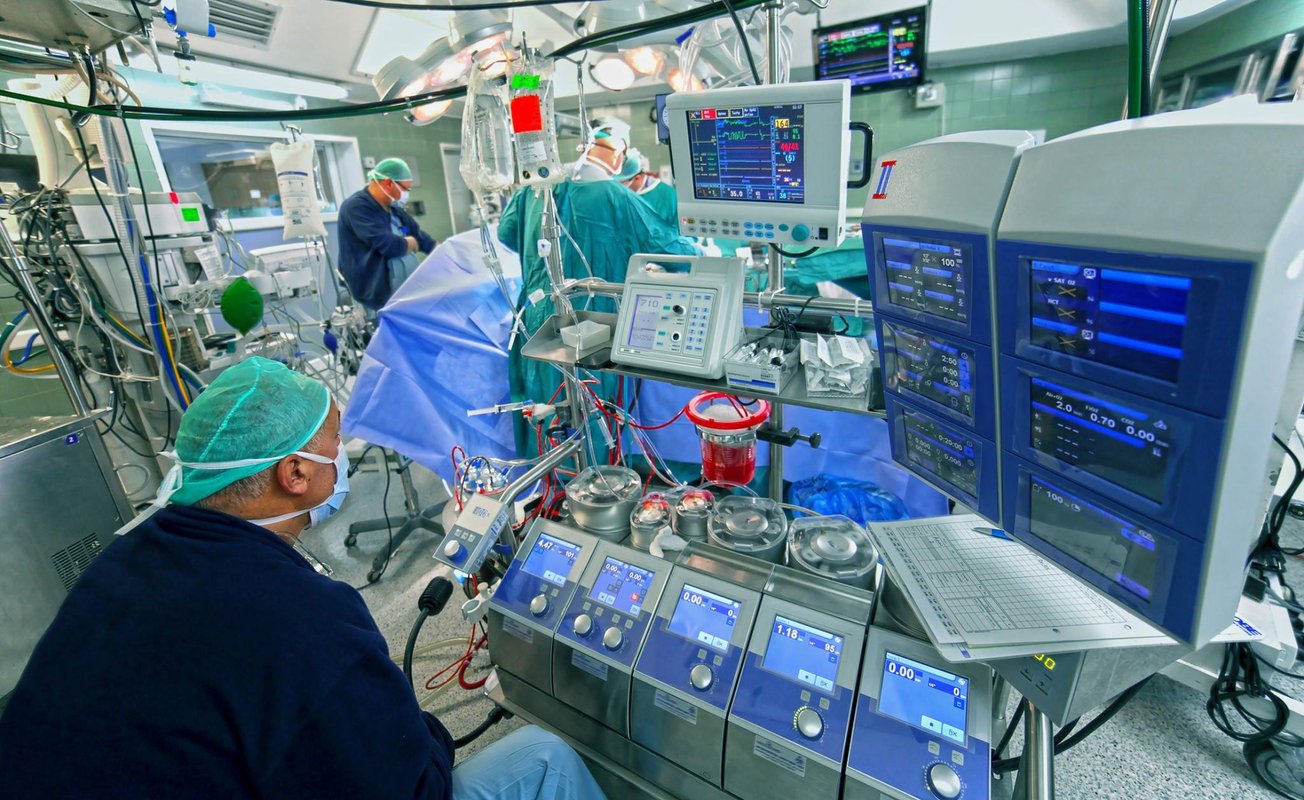
Financial aid (may be available)

Financial aid (may be available)

Financial aid (may be available)

Financial aid (may be available)
$309 total
$276 total
$285 total
$296 total
No cost info
No cost info
$607 total
No cost info
$1,599 total
No cost info
Finding the right Advanced Cardiovascular Life Support (ACLS) class in Pittsburgh can be a daunting process. With numerous training providers available, it's crucial to find a reliable and high-quality program that suits your needs. This guide aims to provide you with comprehensive information to aid you in your search.

ACLS refers to Advanced Cardiovascular Life Support, a set of clinical interventions for the urgent treatment of cardiac arrest, stroke, and other life-threatening cardiovascular emergencies. The curriculum includes both theoretical and practical elements, teaching students how to respond to a range of cardiovascular emergencies.
Before you embark on an ACLS course, it's essential to understand the training prerequisites. Typically, ACLS courses require participants to have a basic understanding of medical terminology and clinical practices, often acquired through previous healthcare training or experience.
Key prerequisites often include:
Basic Life Support (BLS) certification: Most ACLS programs require students to have a current BLS certification. BLS provides a foundation for the more advanced practices taught in ACLS courses.
Medical background: Having a background in healthcare, such as being a registered nurse, emergency medical technician, or paramedic, is highly beneficial.
The quality of ACLS classes can vary, so it's crucial to know what to look for when choosing a course:
Accreditation: Ensure the course is accredited by a recognized body such as the American Heart Association (AHA).
Comprehensive curriculum: The course should cover all necessary topics including cardiac arrest, stroke, and acute coronary syndromes.
Skilled instructors: Look for instructors with extensive experience in the healthcare field.
Practical training: ACLS is a hands-on field, so practical training components are a must.
Day-to-day training in an ACLS class is rigorous and diverse. You can expect a mix of classroom lectures, group discussions, and hands-on practice. This combination ensures that you understand the theoretical aspects of cardiovascular emergencies while also getting the practical skills necessary to handle them.
Upon successful completion of the ACLS course, students must pass a final examination to earn their certification. This exam typically includes a written component and a practical skills assessment. Once certified, professionals must renew their certification every two years, which involves additional training and passing a recertification exam.
After obtaining ACLS certification, there are numerous potential career paths in the healthcare industry. ACLS certification is often a requirement or a significant advantage for jobs such as registered nurses, paramedics, and emergency medical technicians. To find related jobs, you can visit various job listing websites or network with professionals in the field.
After becoming ACLS certified, you might consider further enhancing your skills with additional courses. For example, pursuing a course to become a pharmacy technician or a medical sonographer could provide you with a broader skill set in the healthcare field.
Maintaining your ACLS certification is crucial to ensure you're up-to-date with the latest practices and guidelines. Regular renewal also signals to employers that you're committed to ongoing professional development.
Both online and in-person ACLS classes have their advantages, and the choice largely depends on your personal preferences and circumstances. While online classes offer convenience and flexibility, in-person classes provide hands-on experience and direct interaction with instructors.
ACLS plays a vital role in the healthcare industry, equipping professionals with the skills necessary to handle cardiovascular emergencies. It's a valued certification that enhances patient care and improves survival rates.
By integrating ACLS with other healthcare skills, such as phlebotomy medical billing and coding, professionals can provide more comprehensive care and increase their employability.
Finding the right ACLS class in Pittsburgh involves considering several factors, such as course content, instructor expertise, and the balance between theoretical and practical training. With this guide, you should be better equipped to choose the right ACLS course for your career goals. Remember, the knowledge and skills you gain from an ACLS course can make a significant difference in patients' lives.
Navigate the certification journey in this field with Dreambound's detailed guides, each crafted for various cities. For a deeper understanding of the process in other states, our additional guides may be able to help.
If you're exploring various professional paths, Dreambound has in-depth guides to help assist you. Explore a few of these resources below.
Dreambound's platform allows prospective students to find the right educational program for them through searching, filtering, and connecting with our extensive selection of career & technical education partners.
Dreambound has over 70 programs across healthcare, technology, business, and industrial trades. This includes programs such as Medical Billing, Cybersecurity, and welding.
Some of our schools offer financial aid for those who qualify. Many others offer payment plans, where you can pay the cost of class over time.
Yes, Dreambound offers many online programs. On Dreambound's search, you can filter by online, in-person, and hybrid (part online, part in-person).
Dreambound is completely free for you to use! We are supported by schools and organizations who pay to advertise on our website, so we can offer all of our career resources for free.